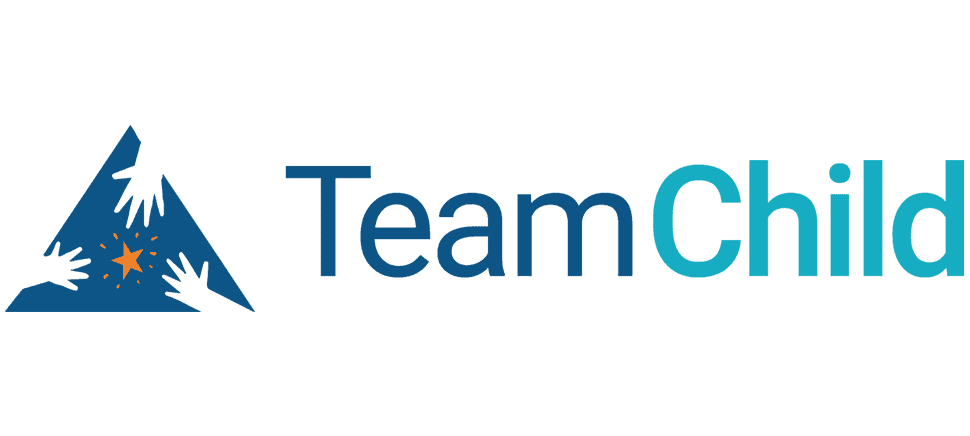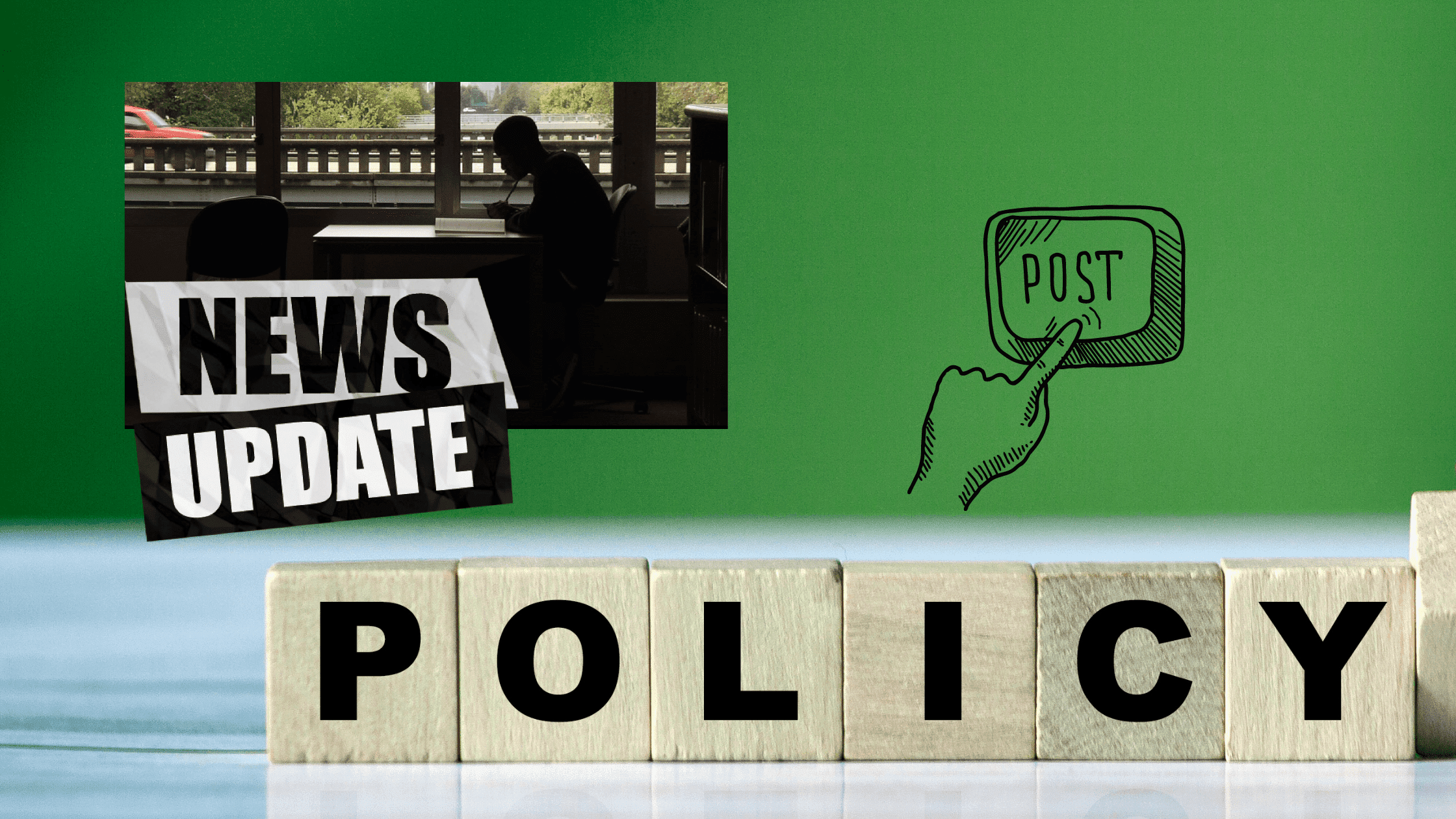Proposed Rule Changes on WA State Juvenile Court Records Delayed
UPDATE: On May 5, the Washington State Supreme Court delayed implementation of these new rules and referred them back to the Supreme Court Rules Committee to recommend next steps. We urge the Rules Committee to reaffirm these rule changes and set a definite implementation date. These rules are important and necessary steps toward dismantling longstanding inequities in the court system and the detrimental impacts on the lives of youth. We will follow up with action items or more information as we have it.
TeamChild’s work has centered on reducing the harmful consequences of the juvenile legal system by advocating for the rights of young people to more restorative support: education, healthcare, housing, and family and community support. In this work, we have seen the direct consequences of juvenile court records on young people, often well into their adult lives. Records of juvenile court involvement limit job opportunities, promotions at work, the ability to get a lease or live with family in public housing, access to licenses (driving and also professional licenses), and other consequences long after young people have completed their diversions, probation, or time of incarceration. Because the behavior of Black and brown youth, and youth who have disabilities, is disproportionately criminalized, these youth are also disproportionately impacted by the long hold of juvenile court records.
Two new court rules, GR 31 and CrR 2.1, help mitigate the consequences of a juvenile court record for Washington’s young people. GR 31 prevents the wide dissemination of juvenile court records on the internet. CrR 2.1 requires that the juvenile court system use initials instead of full juvenile names in case captions, pleadings, and briefings. These two rules align with the state’s goals of ensuring young people can rebuild their lives after juvenile legal system involvement.
The widespread dissemination of juvenile court records opens a youth’s juvenile case to a lifetime of internet publication, even after the youth has sealed their record through a court process. Private companies purchase bulk copies of juvenile court records and post them in private systems to run background searches for individuals applying for employment, housing, and other opportunities. When the records are stored in private databases, the juvenile record sealing process doesn’t have any effect. There is no clean slate. Furthermore, any article or social media post regarding anyone can live on in google searches. Reducing the opportunities for a youth facing juvenile legal charges to have their name and legal case widely disseminated will help reduce the decades-long life any story can have on the internet. Using initials in court documents reduces the risk of the youth’s full name being published broadly. The second rule specifically limits clerks’ offices from creating online databases that are broadly searchable for juvenile cases. The public can still access the case through the clerk’s office, or by attending court hearings as both are open to the public. These rules are aligned with over a decade of work in Washington State, led by legislators, judges, attorneys, and most importantly, communities that have been impacted by the juvenile legal system. All of these groups have been working on protecting juvenile records, to align with the intent of rehabilitation, from the realities and risks of documents that exist in the Internet Age.
Since the adoption of these new rules, there has been backlash to the new rules that raise false arguments. One of the arguments raised in a Seattle Times op-ed piece alleges that these rules were made without public input or scrutiny. There was a clear, public months-long process that allowed everyone to articulate concerns, impacts, and support for the new rules. The concerns that are being raised now were already raised by representatives for different industries during the public process. The complaints about process are not an honest reflection of how the Washington State Supreme Court oversees the creation of new court rules, including in this case, with open deliberation.
Other arguments have tried to drum up fear that youth involved in court cannot be tracked or supervised if their initials are used in court documents. Nothing could be further from the truth. Each youth is assigned a unique number and all the databases can align to that unique identifier. This will actually add clarity to the vast array of systems that track a youth who is court involved. These rules will not change the way that the court system responds to youth who are charged with crimes and how they are held accountable.
The new court rules will continue to allow all juvenile court hearings to be open and available to the public, ensuring that access and scrutiny of the legal system remains uncovered and exposed. Anyone can access an unsealed juvenile court record at the clerk’s office, as has been true since before the internet was invented. The county clerks across the state are already implementing the rule to prevent juvenile court records from being broadly published online. Those who seek to delay or deter these new rules from going into effect seem wedded to the idea that the only way to have true public scrutiny on the court system is to be able to easily search an internet database for individual youth’s names and identities to connect the individual with the legal case. This prioritizes convenience and devalues the impact a juvenile court record can have on a young person.
Under the new rules, when a young person completes their court obligations and is moving forward to become the person who they are growing up to be, the mistakes of their youth do not live on infinitely and prevent education, housing, employment and other opportunities.
We appreciate the work of the Supreme Court Justices in creating a process for making these significant rule changes. View our letter to the State Supreme Court here.



